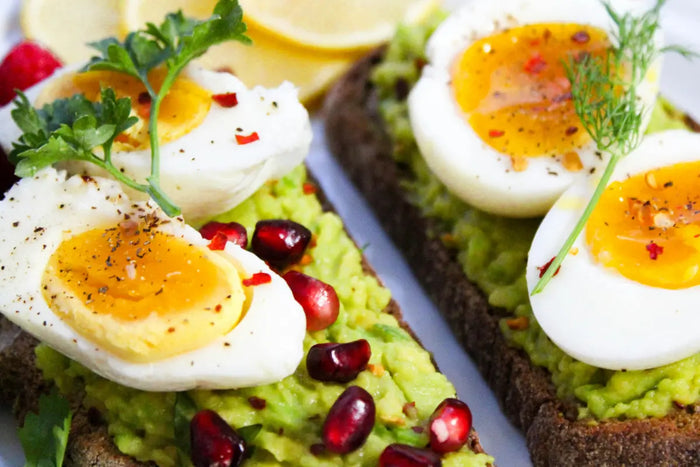Let’s talk about something that’s everywhere right now - Ozempic.
If you’ve been online lately, you’ve seen it. Celebrities. Influencers. People on TikTok. All saying the same thing: "I lost weight fast. No gym. No diet. Just this injection."
And hey — I get the appeal. Who wouldn’t want an easy fix?
We all want to look and feel our best. And if something promises fast results, of course people are going to jump at it.
But here’s the thing no one’s saying loud enough:
Quick weight loss doesn’t always mean better health. And these shortcuts usually come with a catch.
What is Ozempic, really?
Ozempic (and similar drugs like Wegovy or Mounjaro) were made for people with type 2 diabetes.
They work by mimicking a hormone (GLP-1) that helps control blood sugar and appetite. Yes, they can make you feel less hungry. Yes, they can help you lose weight.
But here’s what the science also says:
- Up to 40% of that weight loss is muscle.
- Many people feel sick — nausea, bloating, tiredness.
- And when they stop taking the drug? Most of the weight comes back.
So let’s call this what it is. It’s not a long-term solution. It’s a pause button.
You’re not building better habits. You’re not learning how to eat or move in a way that supports your body.
You’re just eating less — sometimes too little — and hoping the rest works itself out.
The problem no one talks about
Losing weight without supporting your metabolism, hormones, and muscle mass can actually make things harder down the line. You feel weak. You sleep worse. Your energy tanks. And the moment stress kicks in or life gets busy again, old habits come back.
And then the guilt kicks in. "I failed again." "I just don’t have the willpower."
So what actually works?
- Protein. Helps keep muscle and supports your metabolism.
- Hydration. Because being dehydrated makes you feel tired and hungry.
- Movement. Doesn’t have to be the gym. Just move more.
- Sleep. It affects your cravings, mood, hormones — everything.
- Consistency. Not perfection. Just doing it more days than not.
This is what changes your body. And your mind. Not for 8 weeks. But for life.
Let’s talk tools, not tricks.
If fat loss is your goal, your body needs support — especially muscle support.
That’s where The Lean Protein comes in. We built it to help you keep muscle while burning fat. It’s got 30g of plant protein, plus ingredients like inulin (great for digestion), and key nutrients that support metabolism and recovery.
No weird chemicals. No hidden nasties. Just stuff your body actually needs.
And if your focus is less about fat loss and more about balance, then check out The Health Protein. It’s designed to support gut health, hormones, and overall wellbeing — especially if you’re feeling tired, bloated, or stressed.
It’s not a meal replacement. It’s not a sugar bomb. It’s a smart way to give your body what it needs.
Why this matters
We’re not anti-medicine. If someone needs Ozempic for medical reasons, absolutely — do what’s best for your health. But we are against selling shortcuts to people who are struggling, confused, or just want to feel better in their body.
Because that was me once, too. Confused. Burnt out. Looking for answers. And tired of all the noise.
But one thing I do know is that you probably don’t need Ozempic to get results.
You need the right habits. The right mindset. And the right support.


















